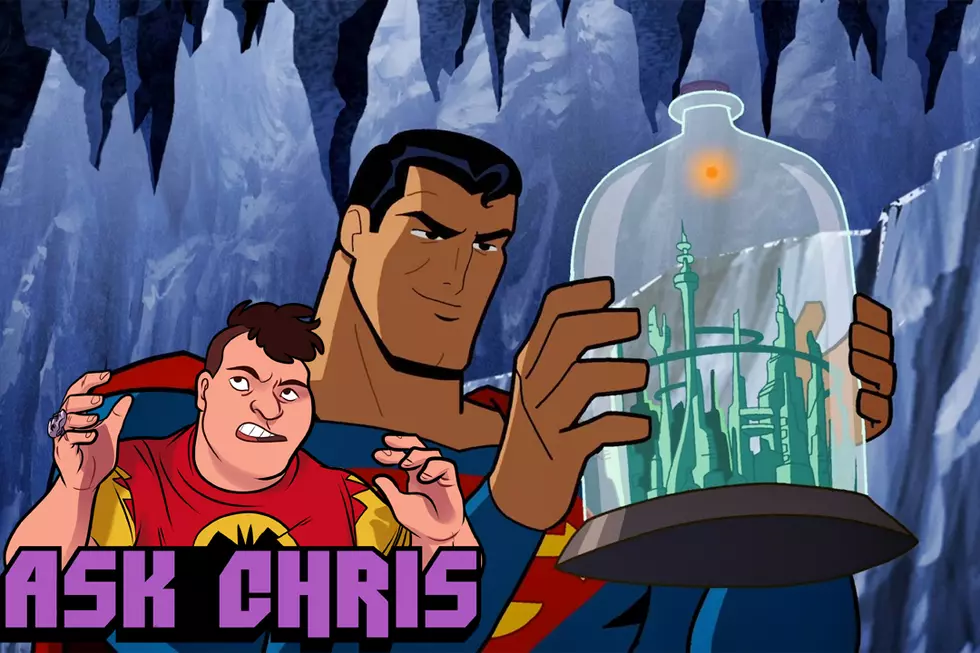
Ask Chris #283: The Weirdest Part Of 'Achewood'
Chris Onstad's Achewood --- which recently resurrected itself with a series of pretty regular weekly updates --- is one of my favorite comics of all time, and part of the reason for that is that pretty much everything that happens in it is really, really weird, to the point where even figuring out a baseline of what constitutes "weird even for Achewood" is darn near impossible.
Take, for instance, The Great Outdoor Fight, arguably the high point of the strip. That's a story that involves two cats heading to some lawless farm outside of Bakersfield to battle 3,000 men in a no-holds-barred free-for-all that lasts for three days, and involves rigid rules about army leaders, turkey feasts, and unseen but murderous organizers who threaten to mow down the competitors with Jeeps, all of which somehow gets started when a meth-addicted squirrel tries to borrow $6,000,000 to start a business building genitals for cars. And honestly, that's probably the most straightforward story of the strip's entire run.









